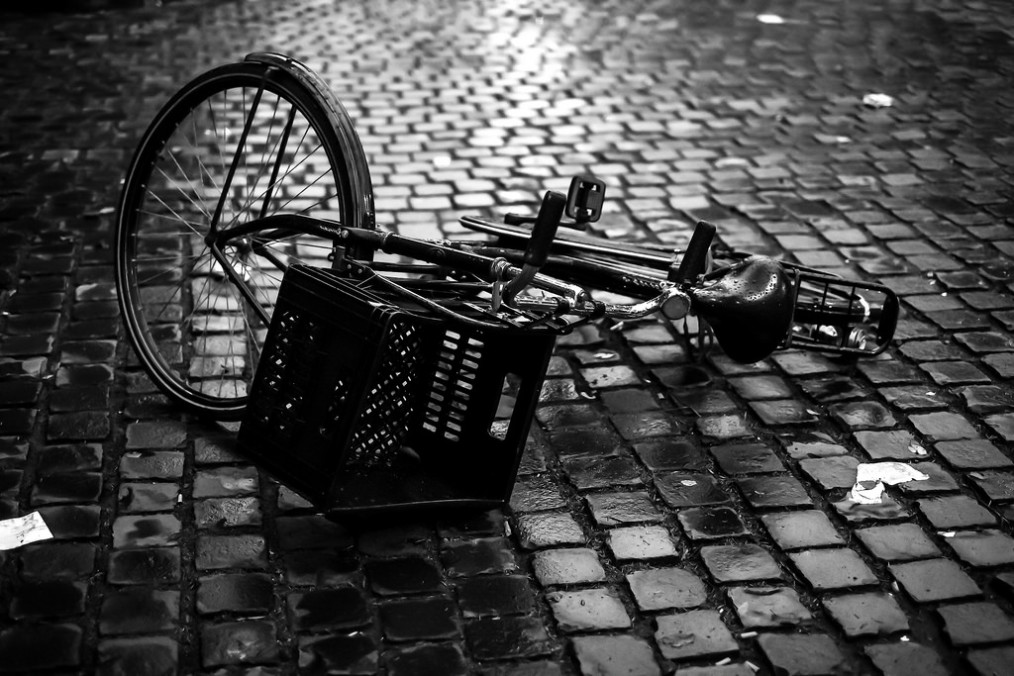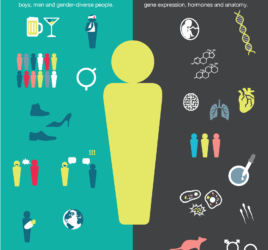
To whatsapp or to cycle, but not both I hope!
If you ask Dutch people, you will hear that cycling is not so difficult, it is relatively easy to move your bike along the many cycle paths, or at the right side of the street for that matter. That is, as long as you keep your eyes on the road ahead to deal with the road infrastructure and other traffic. However, distraction is looming everywhere, for instance, the pretty girl on the sidewalk, clashing colors on a billboard, screaming sirens of an ambulance, anything that involuntary, or voluntary, attracts your attention.
“Being distracted from attention to the relevant traffic situation in front increases the likelihood of crashes exponentially with every second.”
Accident statistics are not very clear in that respect, mainly because only fatal accidents or with severely injured reach the National statistics. But while the numbers of people killed in traffic in the Netherlands are decreasing for many years now, accident numbers of young cyclists seem to increase the last few years (and for old people as well by the way). The phenomenon of distracted young cyclists, with earphones and/or (smart)phones is almost common practice.
It all started with the iPod, listening to music while… travelling, working, eating, walking, cycling and whatever else, except sleeping. Quickly followed by smartphones to be contacted in multiple ways, wherever you are, even in a car or on a bike.
“Cycling (young) people with their heads down, looking at their smartphones, reading and answering messages is an increasingly common picture in traffic.”
Falling down, scraping your hands on the street, or a broken smartphone is not an urgent reason for alarm. But awaiting the first lethal accident will cause the usual uproar: “Why didn’t the government do something?”. Educating young cyclists will be difficult, to say the least. Laws against cycling while using the smartphone are hard to monitor for the police who are urged to fight hardcore crime instead of chasing and fining cyclists.
“Is there anybody out there with a solution?”
The Dutch government will be desperately looking for solutions, after reading this blog ..…
Relevant Publication
De Waard, D., Edlinger, K.M., & Brookhuis, K.A. (2011). Effects of listening to music, and of using a handheld and handsfree telephone on cycling behaviour. Transportation Research Part F, 14, 626–637.
NOTE: Image by Pascal Maramis, licenced under CC BY 2.0




Sometimes I myself have no idea how these cyclists are so skilled to multi-task when cycling. In my opinion I am quite conflicted with regards to this as I see a bicycle as a vehicle in traffic prone to damage and be damaged while I feel embarrassed even at the thought of wearing a helmet. It’s quite powerful how much an influence surrounding cyclists can have and scary to fathom how it can embarrass people, even myself, of the most basic safety measures in traffic.